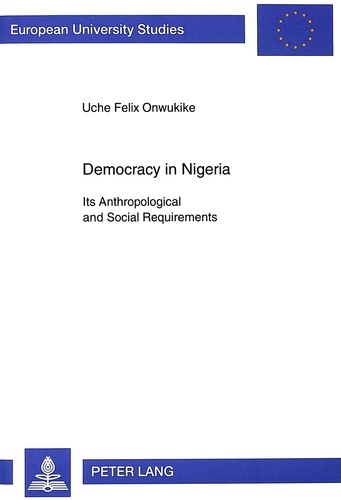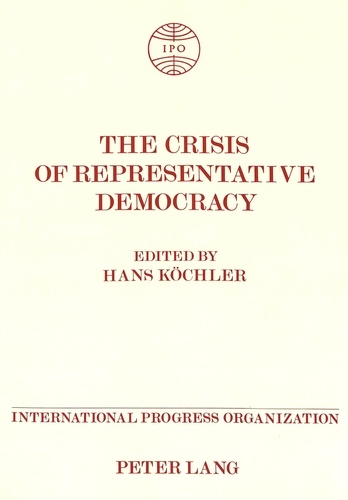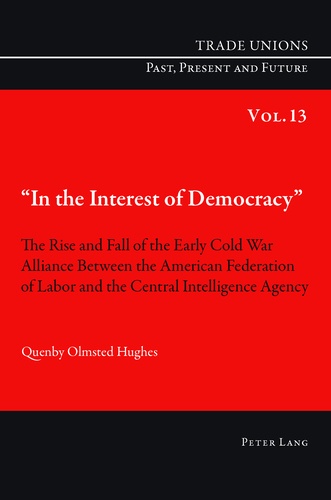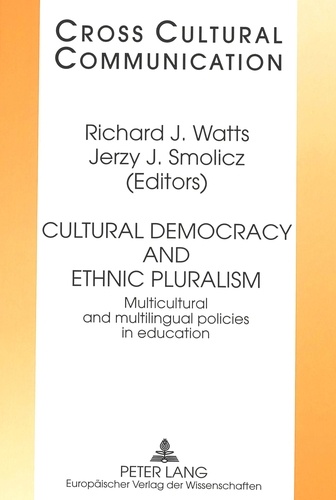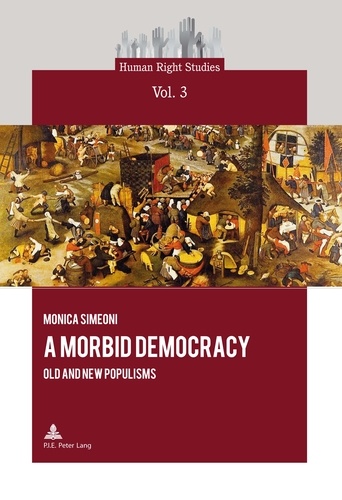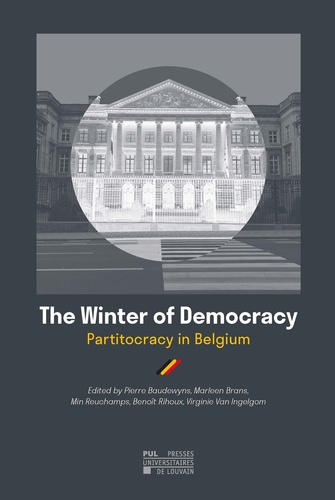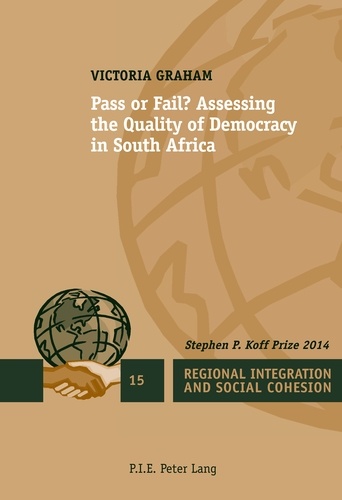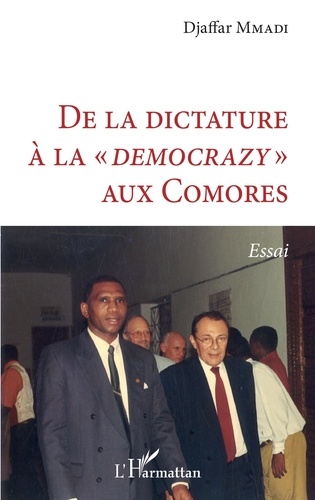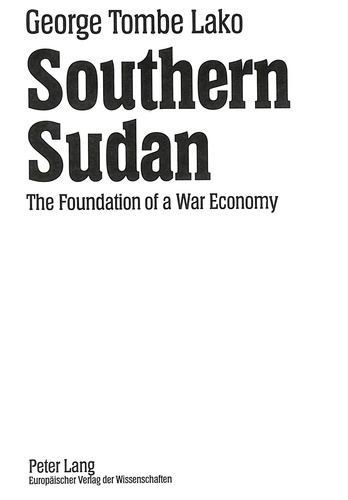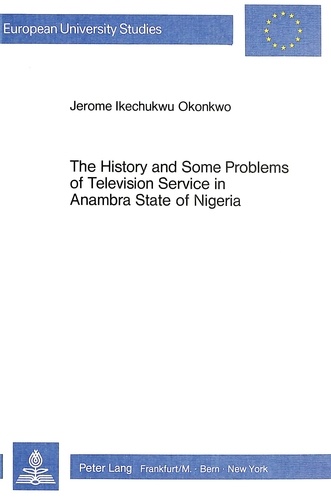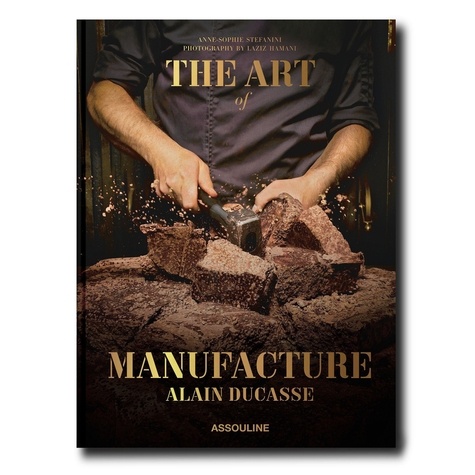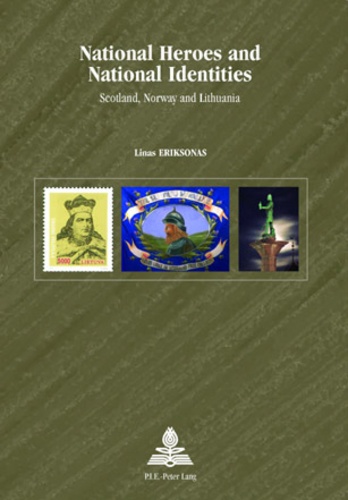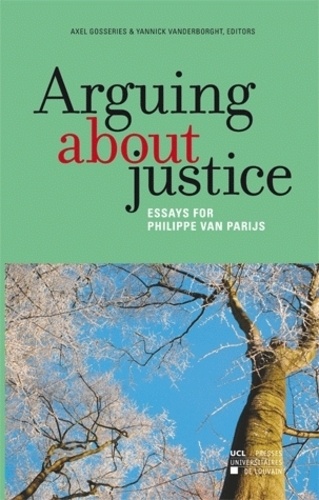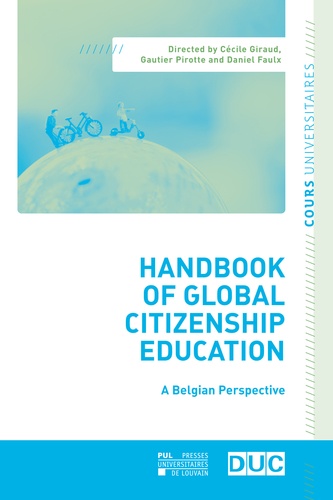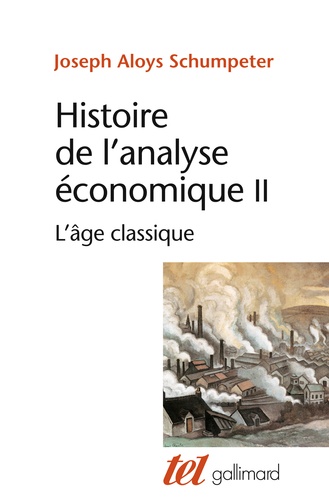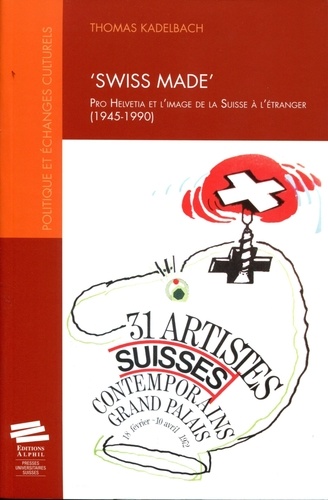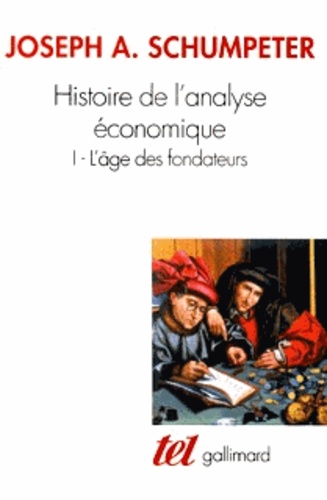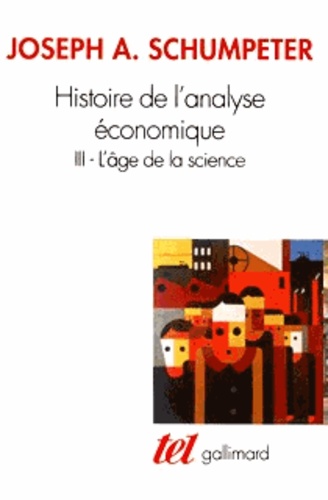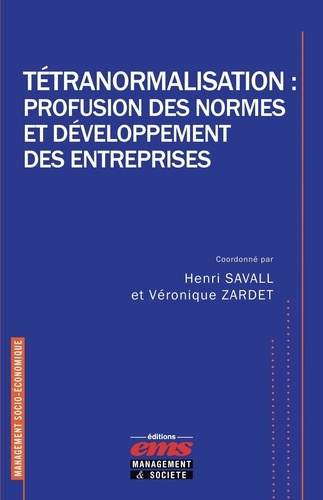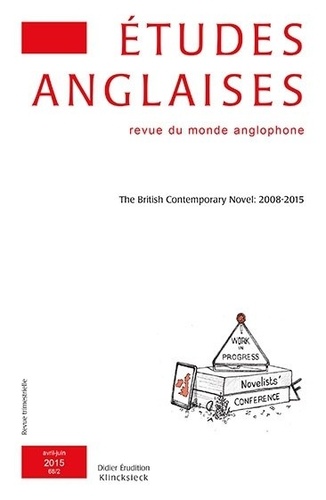Études anglaises - N°2/2015. The British Contemporary Novel: 2008-2015
Catherine BERNARD Writing Capital, or, John Lanchester's Debt to Realism John Lanchester's fourth novel Capital (2012) offers a scathing, satirical denun- ciation of the excesses of capitalism, commodity fetishism and globalisation. The choral structure of the novel also allows the text to function as a world-novel, embracing as it does the criss-crossing lives of protagonists, each embodying a facet of a ramifed present. Reworking the basic principles of realistic representation, it appropriates the language of materialism to bring it to work paradoxically against the reifcation of affects and identity. With Capital, the "credit crunch" novel claims a different form of accountability that emerges through the very "stuff" of fiction. Le quatrième roman de John Lanchester, Capital (2012), offre un portrait satirique des excès du capitalisme, du fétichisme de la marchandise et de la globalisation. La structure chorale du roman transforme aussi le texte en roman-monde. Il embrasse les vies interdépendantes de protagonistes qui, chacun, incarnent une facette d'un présent densément ramifé. Retravaillant les principes de base du réalisme, le roman s'approprie le langage du matérialisme pour l'amener à oeuvrer contre la réifcation des affects et de l'identité. Avec Capital, le roman "de la crise" ("credit crunch fiction") revendique une forme de responsabilité qui s'incarne dans la matière même de la fiction. Vanessa GUIGNERY The Way We Live Now : Jonathan Coe's Re-evaluation of Political Satire This paper examines Jonathan Coe's oeuvre to discuss the evolution of his modes of portraying contemporary Britain. While Coe is well known for his satirical state-of- the-nation novels and for his commitment to political fiction, his recent essays reveal his misgivings about the effectiveness of political satire and Condition-of- England novels in the new millennium. This paper will navigate between Coe's fiction and non-fiction to examine the forms political engagement may take in the contemporary British novel. Cet article parcourt l'oeuvre de Jonathan Coe afin d'analyser l'évolution de ses modes de représentation de la Grande-Bretagne contemporaine. Coe est connu pour ses romans satiriques qui offrent un "état de la nation" et pour son attache- ment à la fiction politique, mais ses essais récents révèlent ses doutes quant à l'efficacité de la satire politique et de romans qui décrivent la condition de l'Angleterre à l'heure du nouveau millénaire. Cet article naviguera entre les écrits fictionnels et non-fictionnels de Coe pour envisager les formes que peut prendre l'engagement politique dans le roman britannique contemporain. Jean-Michel GANTEAU Vistas of the Humble : Jon McGregor's Fiction Jon McGregor's novels are characterised by a constant attention to detail and to the ordinary. They address the realities of individual, social and anthropological vul- nerability through narratives whose frail form countermands any attempt at abstraction and totalisation. In this article, I evoke the forms and modalities of vulnerability through the prism of the characters' and narratives' dependence on trauma, of systematic relationality and of attention to singularities. By throwing light on invisibilities and by giving voice to the inarticulate, McGregor writes ethical and political novels and uses the position of the precarious witness to contribute to the creation of some narrative democracy whose purpose, in Guillaume Le Blanc's terms, is to enlarge our sense of the common. Les romans de Jon McGregor se donnent pour tâche une attention permanente aux détails et à l'ordinaire. Ils s'ordonnent ainsi à l'évocation de la vulnérabilité indivi- duelle, sociale et anthropologique à travers des récits dont la forme vulnérable refuse toute totalisation. Les modalités et visages de la vulnérabilité sont ici évoqués à travers les motifs de la dépendance au trauma, de la mise en relation systématique, et de l'attention aux singularités. En mettant en lumière l'invisible et les invisibles, et en redonnant voix aux inaudibles, Jon McGregor fait oeuvre éthique et politique : il se pose en témoin précaire et contribue à l'élaboration d'une démocratie narrative dont le but est, selon les termes de Guillaume Le Blanc, de "créer du commun" . Peter CHILDS Food Chain : Predatory Links in the Novels of David Mitchell Humans are for David Mitchell predatory animals, whatever their civilized com- plexity. His novels contain numerous examples of individuals and groups who would oppress others in the name of logic, desire, morality, technology, survival or sheer force of will. That people prey on animals, resources and other human beings is only one dimension to Mitchell's fictional world but it is consistent and stark, from the cannibals that appear in Cloud Atlas and The Thousand Autumns of Jacob de Zoet through the warring factions in number9dream to the more fantasti- cal parasitic predators of Ghostwritten and The Bone Clocks. In this essay, I review aspects to this theme while analysing Mitchell's fictional world, which increasingly seems to be governed by interlinkages not only within narratives but metaleptically across them. David Mitchell considère les êtres humains comme des prédateurs, quel que soit leur degré de civilisation. Ses romans comportent de nombreux exemples d'individus et de groupes qui oppriment autrui en invoquant pour cela la logique, le désir, la morale, la technologie, l'instinct de survie ou leur volonté de puissance. Le fait que des hommes s'en prennent à des animaux, à des ressources naturelles ou à d'autres êtres humains n'est qu'un des aspects de l'univers fictionnel de Mitchell, mais il s'agit là d'une dimension structurante, à l'origine de la noirceur de l'oeuvre dans son ensemble - des cannibales de Cloud Atlas et The Thousand Autumns of Jacob de Zoet aux prédateurs parasites de type plus fantastique dans Ghostwritten et The Bone Clocks en passant par les factions en guerre dans number9dream. Cet article recense plusieurs composantes de ce motif récurrent dans la fiction de Mitchell, laquelle paraît de plus en plus fortement régie par des liens se tissant non seulement de manière interne aux différents récits, mais aussi de manière externe entre les récits eux-mêmes, sur un mode métaleptique. Marc POREE "What if ?" : The Speculative Turn of Will Self's Fiction "Et si ?" Révélant de lui-même les extravagantes hypothèses de travail dont il aime à procéder, Will Self est friand de spéculation. Une spéculation de type "métaphysique" , rejoignant celle des poètes de la première moitié du dix-septième siècle (cloués au pilori par Johnson avant que d'être réhabilités par T. S. Eliot). Une spéculation, dont le caractère cérébral s'accommode pourtant d'une volonté de faire que le roman s'incorpore et digère ce qui ne relève a priori pas de lui (les sciences, la pensée). Une spéculation, enfin, qui procède à rebours de l'évolution du lectorat et de la technologie, en oeuvrant à renouer avec un mécanisme de "sensibilité unifiée" que Self sait être anachronique, mais qui pose, à nouveaux frais, la question de la nécessaire difficulté en art. "What if ?" Never wary of unveiling the fantastical conceits which he is wont to proceed from, Will Self is (over)fond of speculation. A speculation that is meta- physical in kind, related to that implemented by the poets of the first half of the seventeeenth century (vilified by Johnson before being rehabilitated by T. S. Eliot). A speculation, the cerebral nature of which is found to be more than compatible with the processes of incorporation and digestion, at the hands of the novel, of all that is allegedly foreign to it (the sciences, thought). A speculation, lastly, bent on restoring a mechanism of "unified sensibility" which Self knows to be anachronis- tic, given the average reader's pursuits, but which offers a fresh take on the neces- sary difficulty of art. Camille MANFREDI Tales from the Pigeon-Hole : James Kelman's Migrant Voices This article offers to dwell on James Kelman's concerns with liminality and cultural identity by outlining the dynamics of displacement, dislocation and relocation in his recent novels You Have to be Careful in the Land of the Free (2004), Kieron Smith, Boy (2008) and Mo Said She Was Quirky (2012). While paying attention to Kelman's interest in the potential for subversion of the in-between, the article anal- yses the narrators' strategies of self-preservation and self-transformation with a view to better understand Kelman's own perception of the predicament of the contemporary Scottish writer in the postcolonial and global contexts. Cet article se propose d'éclairer le traitement des motifs de la liminalité et de l'identité culturelle à travers les dynamiques de décentrement, dislocation et délocalisa- tion dans les récents romans de James Kelman, You Have to be Careful in the Land of the Free (2004), Kieron Smith, Boy (2008) et Mo Said She Was Quirky (2012). En gardant à l'esprit l'intérêt de Kelman pour le potentiel subversif de l'entre-deux, cet article analyse les stratégies de préservation et de transformation de soi développées par les narrateurs. Elles permettront d'éclairer la tâche qui, selon Kelman, revient à l'auteur écossais contemporain dans le contexte à la fois du postcolonial et de nos sociétés mondialisées. Christian GUTLEBEN Whither Postmodernism ? Four Tentative Neo-Victorian Answers This paper sets out to examine in what ways recent neo-Victorian fiction illustrates twenty-first-century fiction's quest for new novelistic possibilities. On the basis of David Mitchell's Cloud Atlas (2004), Andrea Levy's The Long Song (2010), Michel Faber's The Crimson Petal and the White (2002) and Rosie Garland's The Palace of Curiosities (2013), it will be argued that neo-Victorianism broadens the scope of postmodernism by conceiving a cosmopoetics in which a referential and an aesthetic globalisation are combined, by imagining alternative forms of fictional historiography, by challenging various forms of orthodoxy and by questioning the limits of the human. Although it suggests evolutions and variations in relation to late twentieth-century historiographic metafiction, the novel of the new millennium nevertheless cannot be said to forsake postmodernism. Cet article se propose d'examiner dans quelle mesure la fiction néo-victorienne récente illustre la tentative de la fiction du vingt-et-unième siècle d'explorer de nouvelles possibilités romanesques. En prenant comme exemples Cloud Atlas de David Mitchell (2004), The Long Song d'Andrea Levy (2010), The Crimson Petal and the White de Michel Faber (2002) et The Palace of Curiosities de Rosie Garland (2013), nous soutiendrons que le néo-victorianisme élargit le spectre du postmodernisme en concevant une cosmopoétique où se mêlent référentialité et esthétique mondialisées, en imaginant d'autres formes d'historiographie fictionnelle, en remettant en cause diverses formes d'orthodoxie et en s'interrogeant sur les limites de l'humain. Bien que le roman du nouveau millénaire suggère des variations et des évolutions par rapport à la métafiction historiographique de la fin du vingtième siècle, on ne peut cependant pas considérer qu'il renonce au postmodernisme.
08/2015

